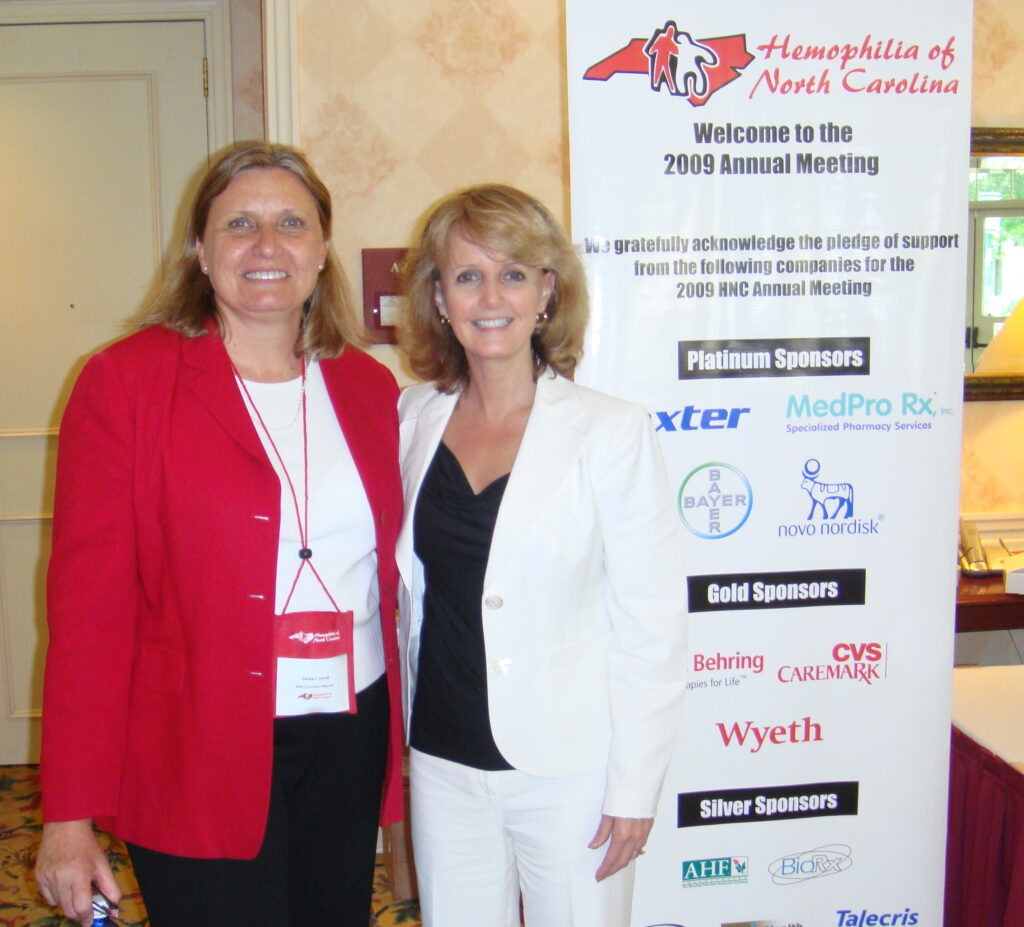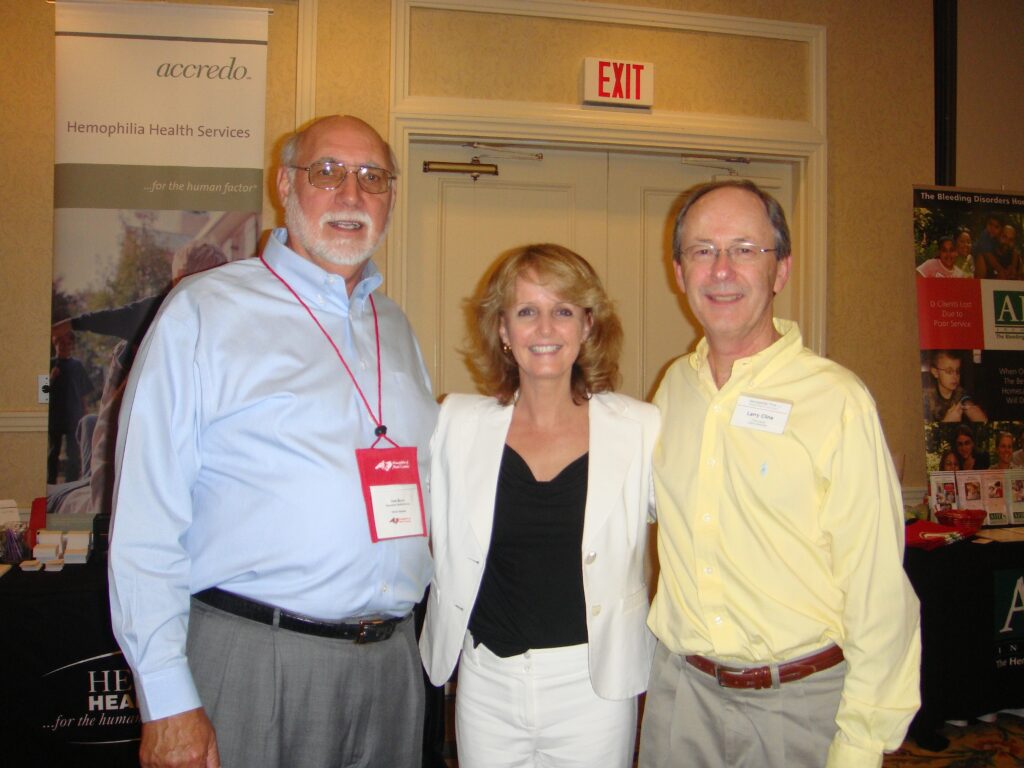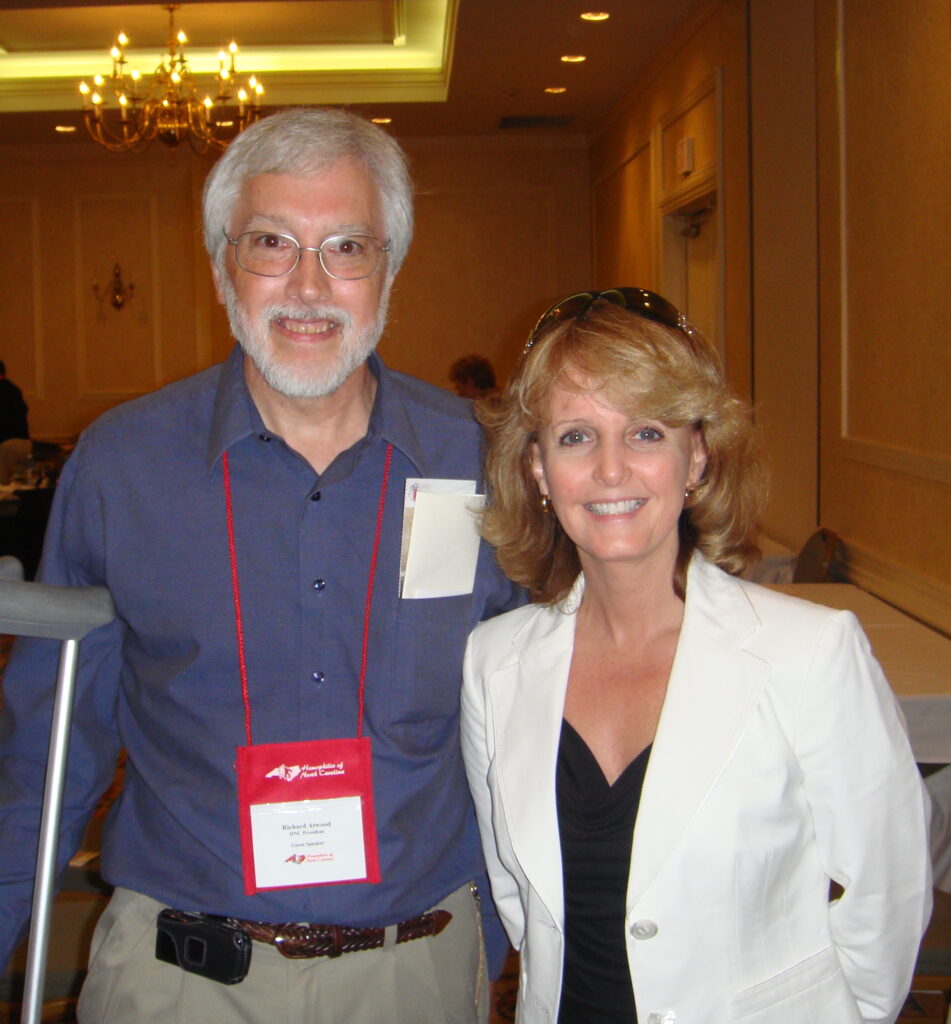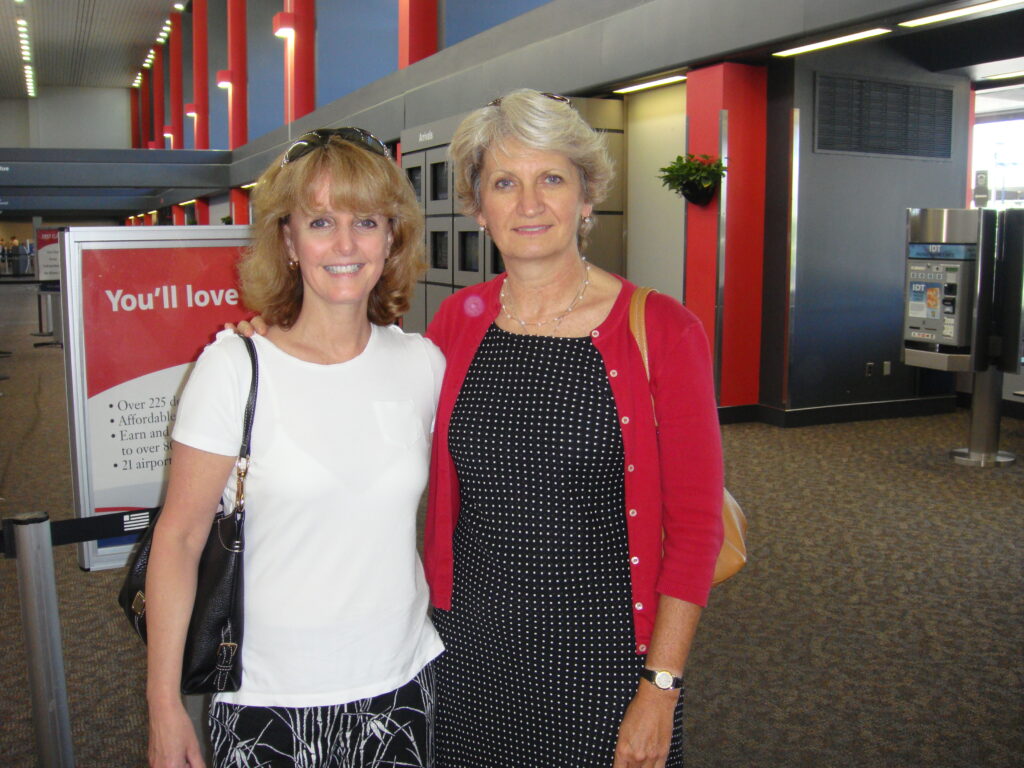Plasma Showdown!
I was lucky enough to be a speaker at the North Carolina Hemophilia Foundation event last weekend, and on my favorite subject–hemophilia in the developing world. This was a jam-packed event with an all star list: Ray Stanhope of the NHF; Mike Rosenthal of the WFH; Carl Weixler of HFA, Richard Atwood, president of NCH. Richard writes a column for my newsletter called “Richard’s Review” and I think is the foremost authority on any book or movie ever released in history that might even mention the word hemophilia! It was great to see everyone at the event.
But the best presentation was the “showdown” between famed Dr. Harold Roberts and the ever-delightful Dr. Albert Farrugia of the PPTA, who speaks with a lovely Maltese accent. Both men are brilliant and excellent speakers. Dr. Roberts is decidedly pro-recombinant factor, and Dr. Farrugia strongly makes a case for plasma-derived, and with lots of wit and fun, they sparred about their topics, until Dr. Roberts said good-naturedly, “Why don’t you go back to Australia?” The audience roared with laughter; they were educated and entertained!
Seriously, this is a fascinating topic–plasma-derived vs. recombinant–and one we will explore in PEN in August. Be sure to sign up for a copy!
Thanks to Sue Cowell, executive director of NCH, for inviting me to such a great event.
Book I Just Read: Pete Duel: A Biography 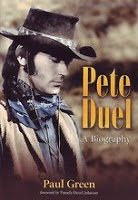
This book reveals the darker side of celebrity, in the story of a 1970s TV star, best known for his role as Hannibal Heyes in the TV series Alias Smith and Jones. The show was a spin off of the 1969 Best Picture nominee Butch Cassidy and the Sundance Kid, starring Paul Newman (who is beloved to the hemophilia community for his Hole in the Wall Gang camps). Duel was a talented rising star, but battled epilepsy and alcoholism, but more than likely something undiagnosed, like manic depression. Like his name, he exhibited a personality described alternatively as sweet and loving, kind and generous, then venomous and raging. He hated the TV show that made him famous, and hated TV in general. He committed suicide at age 31 in December 1971 while in an alcoholic stupor. The book tries to detail his life, but comes across as flat, unsympathetic and groping for answers, which don’t materialize. The book seems more a tribute to Duel with heavy input by Duel’s sister, but it’s depressing overall. Duel simply did not accomplish that much in his young life, compared to others who died young, like James Dean or Jim Morrison. One star.

